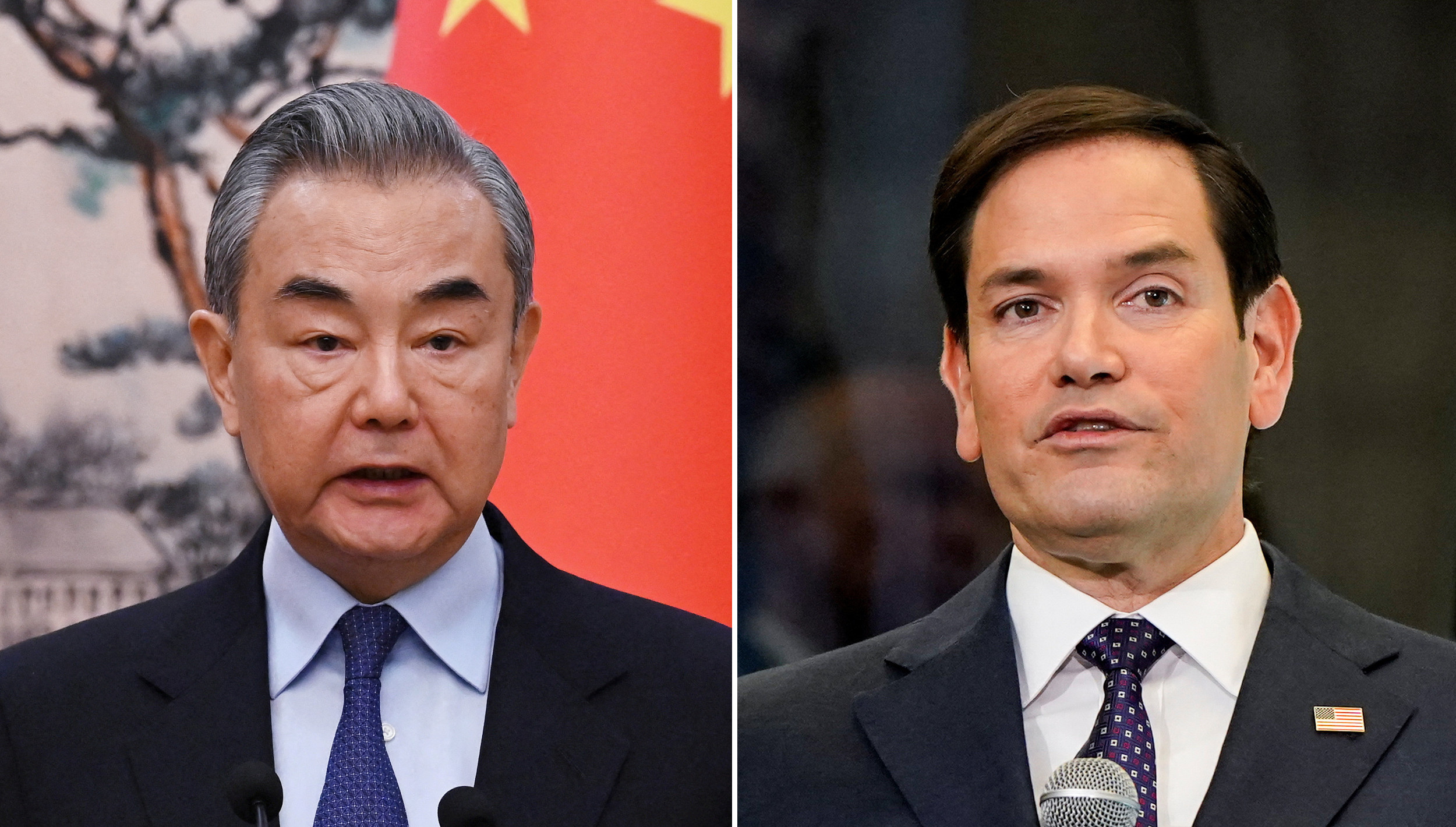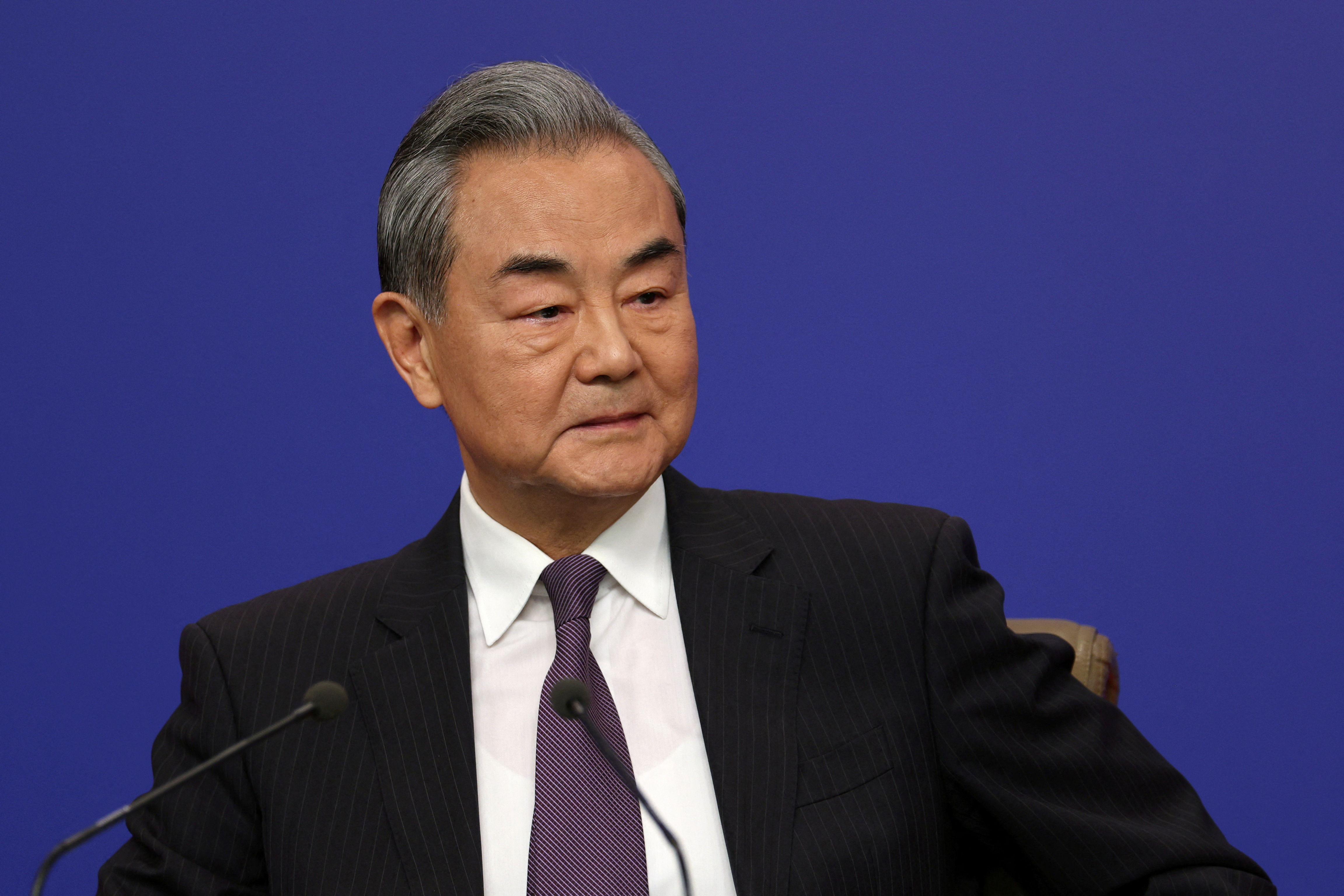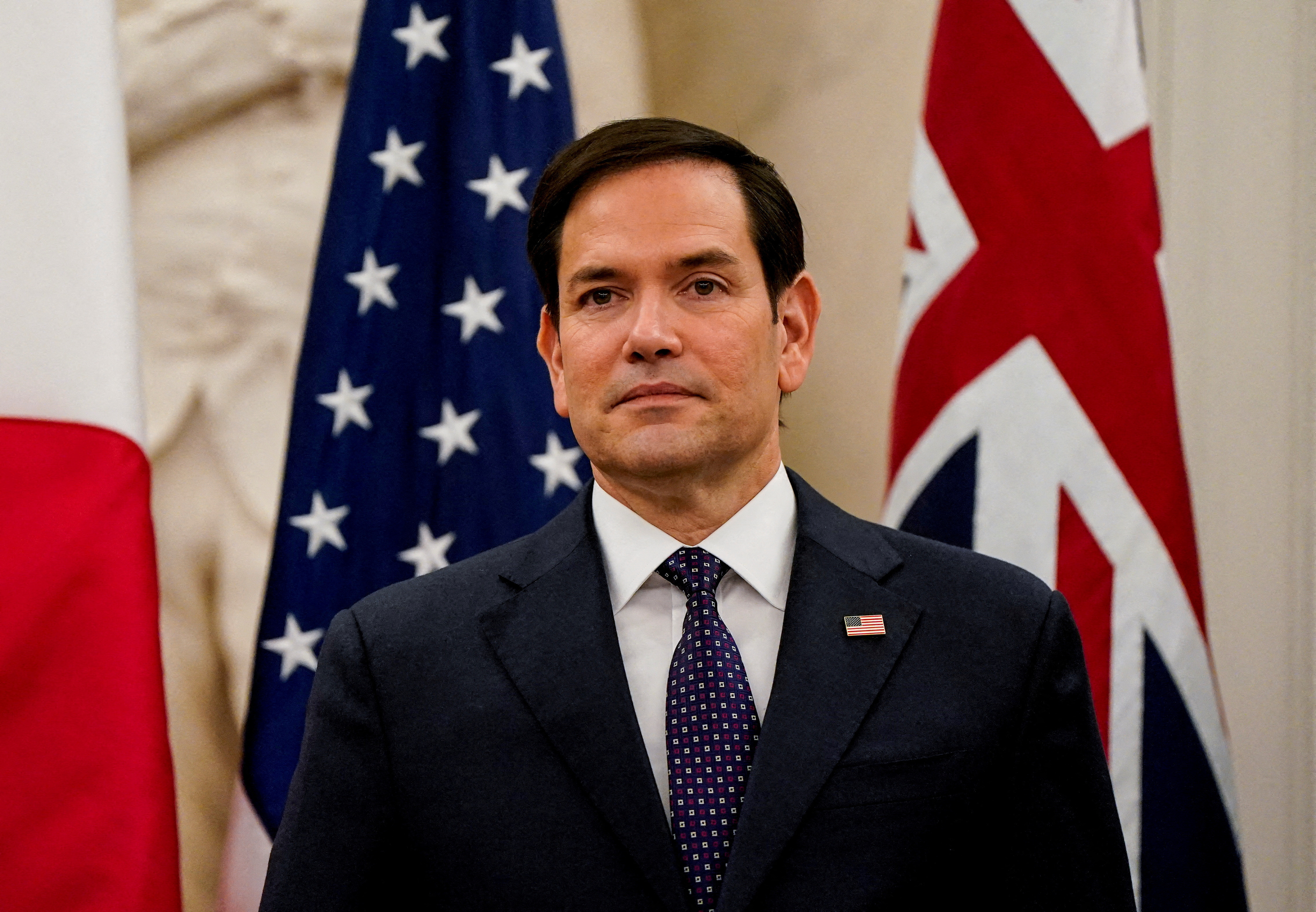Rubio and Wang Yi Clash Amidst Spiraling US-China Trade War

Secretary of State Marco Rubio's meeting with Chinese Foreign Minister Wang Yi in Kuala Lumpur on July 11, 2025, did little to ease escalating trade tensions between the US and China. The meeting, occurring on the sidelines of the ASEAN Regional Forum, marked the first in-person encounter between the two officials since President Trump's return to office and took place against a backdrop of sweeping new US tariffs targeting numerous Asian nations.
New US Tariffs Spark Regional Outcry

President Trump's administration has levied significant tariffs on a wide range of goods from several Asian countries, with rates ranging from 25% to 50%. These tariffs, set to take effect August 1st unless new trade deals are reached, include a 25% levy on imports from Japan, South Korea, and Malaysia; 32% on Indonesian goods; 36% on products from Thailand and Cambodia; and a hefty 40% on imports from Myanmar and Laos. The imposition of these tariffs has drawn sharp criticism from across the region, with many leaders viewing them as tools of geopolitical maneuvering.
China Responds to US Trade Aggression

China has vehemently condemned the new US tariffs, describing them as "typical unilateral bullying behavior" that undermines the global free trade system and disrupts supply chains. Beijing has warned of potential retaliation against nations that exclude China from their supply chains and is facing its own August 12th deadline to negotiate a deal with the White House to prevent the reinstatement of import curbs imposed earlier this year. Previous tit-for-tat tariff increases saw China's countermeasures reach 125% while the US responded with levies of 145%.
ASEAN Nations Caught in the Crossfire

The escalating trade war is placing ASEAN nations in a precarious position. These countries are significant stakeholders, directly impacted by the rising tensions and tariffs. Malaysian Prime Minister Anwar Ibrahim aptly summarized the situation, stating that tariffs are being used as "sharpened instruments of geopolitical rivalry." ASEAN is navigating the challenge of balancing its relationships with both the US and China, a tightrope walk made more difficult by the significant economic repercussions of the trade dispute.
Beyond Trade: Broader Geopolitical Concerns Dominate

While trade dominated the immediate context of the Rubio-Wang meeting, other key geopolitical issues were also addressed. Rubio expressed US concerns regarding China's expansionist activities in the South China Sea and its growing military pressure on Taiwan. He also directly confronted China's support for Russia's war in Ukraine, stating that China's support for the Russian effort was evident.
Technology and AI at the Forefront

The discussion also encompassed the sensitive area of technology and artificial intelligence. The US is actively working to restrict the export of advanced chips to China, fearing their potential military applications, and Rubio addressed ongoing efforts to circumvent these restrictions. This underscores the growing technological rivalry between the two superpowers.
Analysis and Public Perception

Analysts suggest that Rubio's emphasis on the "China threat" may not resonate effectively with officials in countries whose industries are suffering under the weight of the new tariffs. While a survey conducted in April indicated that the US had regained its position as the preferred partner in Southeast Asia, this was before the latest round of protectionist measures. The latest tariffs are likely to significantly alter this perception.
A Complex Geopolitical Landscape

The meeting between Rubio and Wang Yi occurred within a complex geopolitical landscape, with other key players like Japan, South Korea, Russia, Australia, India, and the European Union all attending the ASEAN meetings. This underscores the broad international implications of the US-China trade conflict and its ripple effects across the globe.
Rubio's Asia Trip and Regional Concerns

Secretary Rubio's trip to Asia, his first official one, was intended to focus on maritime safety in the South China Sea and transnational issues. However, the dominant narrative has been shaped by the new wave of US tariffs, overshadowing the other intended points of discussion. The controversy surrounding these tariffs and the resulting uncertainty creates a significant challenge for regional stability and economic cooperation.